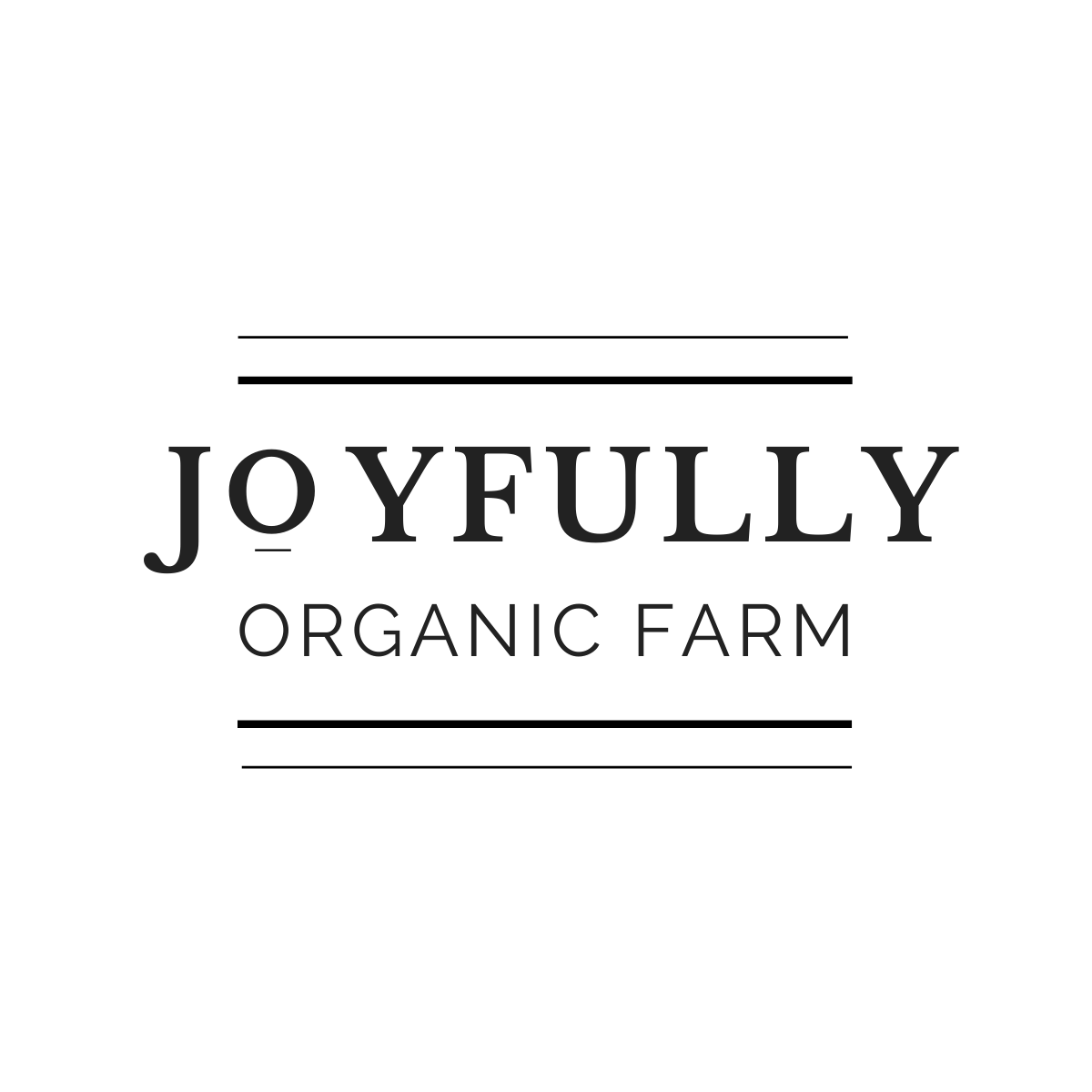Eat Locally: Protect our health, our climate & our community
Local farmers care. We take the long way because shortcuts don’t sit well with us. Our practices take more time, more labor than many of our counterparts, but we’ve opted for organic practices because these practices contribute to the health of our customers, our community, and our climate, instead of detracting from them. And we care about that.
Organic practices contribute to the climate resiliency of our communities, too. We improve our soil, water, and air quality with practices like crop rotation, cover crops, and composting. By nourishing the soil, we sequester carbon, reduce harmful waste runoff, and help ensure that our farmland will continue to be fertile and productive into the future. Our farms are more resilient to the increased rain and flooding we expect to see as a result of climate change. All that to say: we’re in it for the long haul—come drought or high water, we’re better equipped to provide food for our communities, and our practices ensure they’ll be more resilient to the effects of climate change, too.
Lastly, the presence of local, resilient farms is at the heart of community self-sufficiency–a trait that is likely to prove critical in climate resilience. Towns and regions able to produce their own necessities (ahem…food!) will be far more resilient to the disruptions and losses of climate change than those reliant on faraway providers and producers. And in the meantime, organic farms create 21% more jobs than conventional farms, helping to sustain viable communities. Eating with our farm keeps money in the local economy.
When you eat with Joyfully Organic Farm you’re investing in local–local food, local communities, local resilience. And we are so grateful for that support, which makes it all possible. Now that’s a virtuous cycle!

